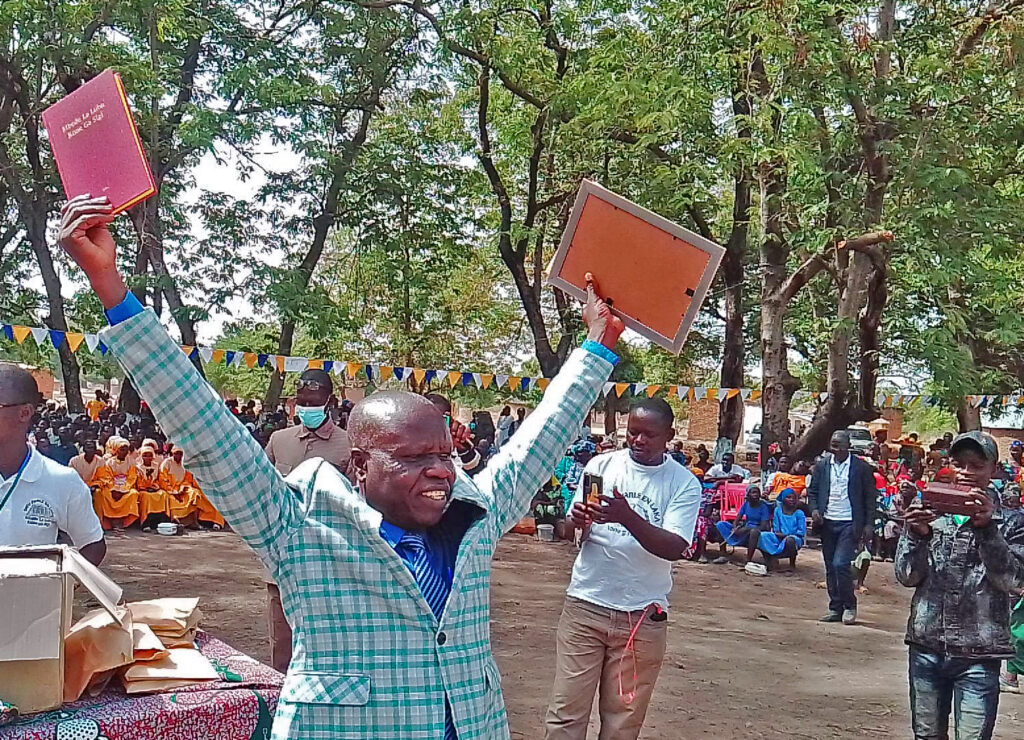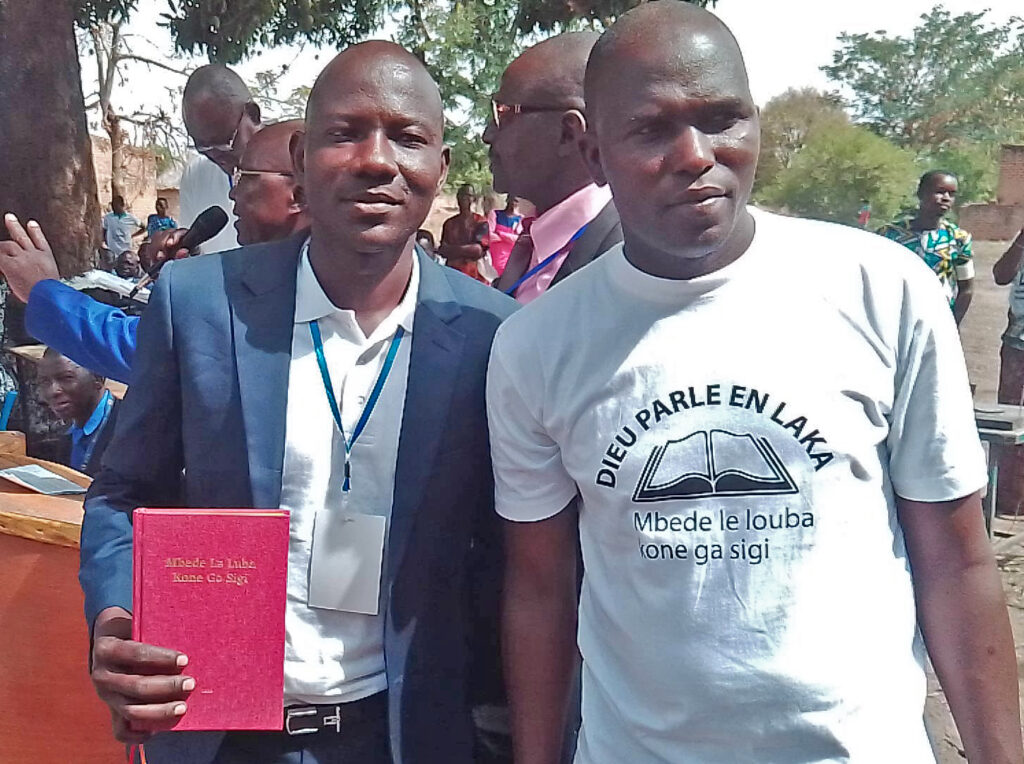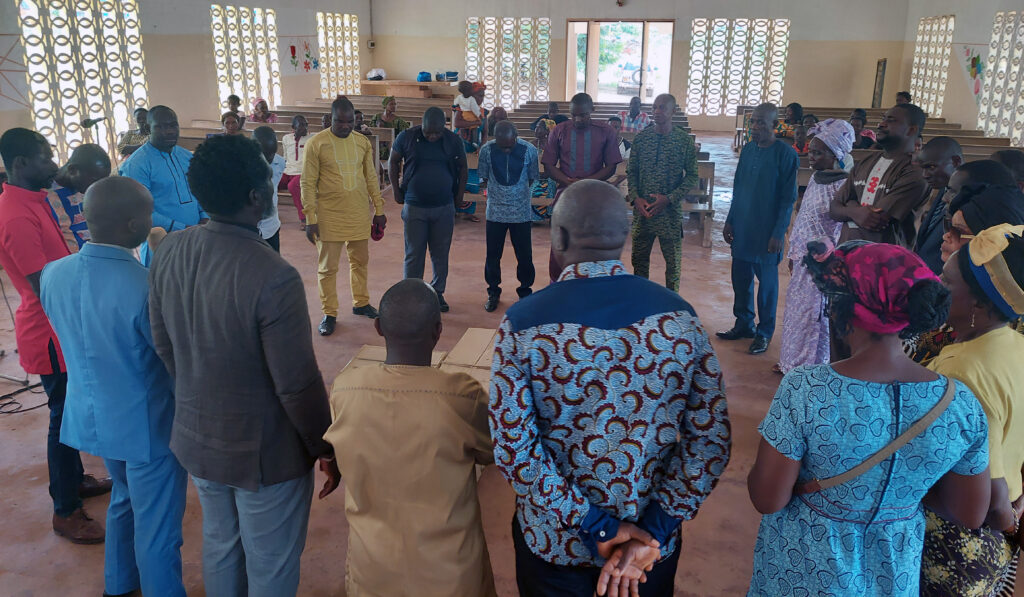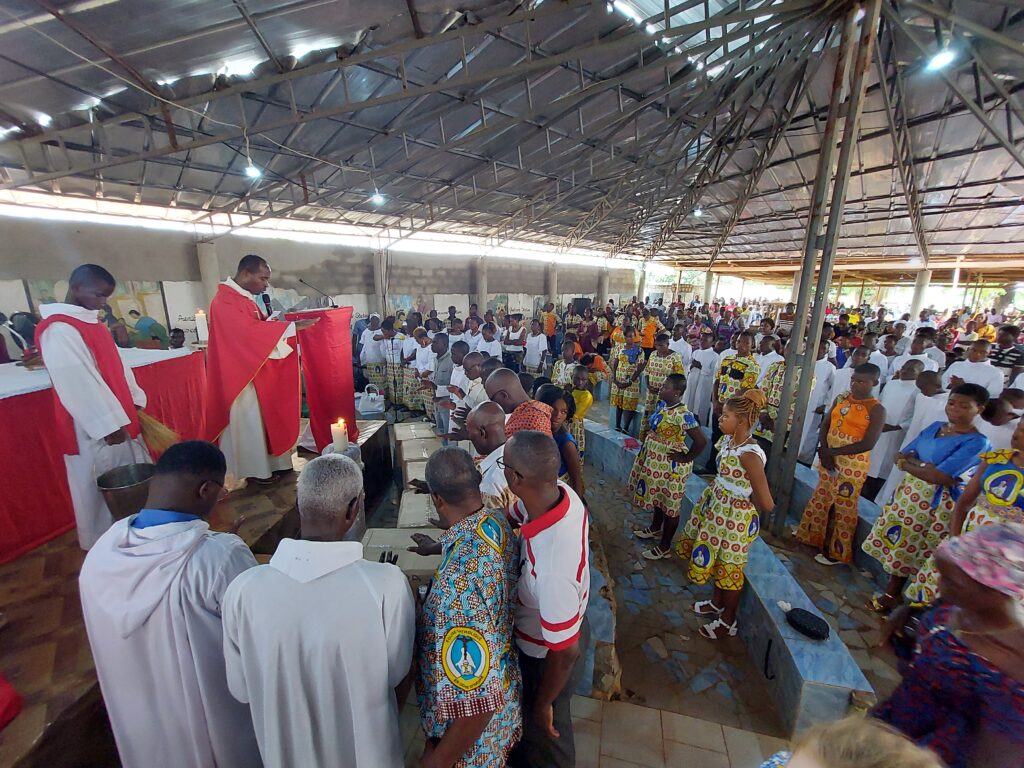Legacy and Blessing
Here in Genesis 47:28–50:14, the homestretch of Joseph’s story, we see both a homecoming and a homegoing. Both Jacob and Joseph bless their children and leave a hope-filled legacy, as each prepares to die.
To take this hope-filled message to heart ask yourself: When loved ones reminisce about my life well-lived, what legacy do I hope they remember?
In reviewing Joseph’s life journey—from the pit of despair to the pinnacle of power—which parts leave you most in awe and worth highlighting at his funeral? Which parts, if you were his family, would you sooner skip over and omit from the obit?
Joseph is an ordinary man who, by God’s extraordinary grace, overcame adversity and persevered in hope. From Joseph’s example of resilience, we draw hope in times of fear. The past year of COVID-19, gun violence, and systemic racism has left many of us feeling fearful and dislocated. Our experience of physical, emotional, and spiritual dislocation by recent cultural events is like that of Joseph and his clan who faced their own health and economic crisis. Jacob and Joseph, in such times, turned to the Author and Finisher of Faith. They turned to God, the source of blessing, even at the time of their passing.
So can we.
The blessing Jacob extended appropriately to each son (Genesis 48–49) exemplifies important aspects of extending hope. Such a blessing is much more than “saying grace” at the dinner table. Such a legacy is also more than a “last will and testament” read or pronounced near death.
Blessing and legacy indicate special divine favor. Such signs of prosperity and success are extended in good times and bad. We “count our blessings” in times of harvest or thanksgiving. In times of loss or death, extra measures of goodwill and peace are also called for. Believing parents, acting in God’s image, bless their children for life on a regular basis.

I treasure my mom’s blessing, received weekly on post-it notes but also at her passing. In life and death, she expressed her love and hope for me in ways that still motivate me to be “the best” God created me to be. As you bless your family to endure all the ups and downs of COVID-19 and other challenges, such expressions of encouragement and hope are treasured as a parent’s legacy.
Jacob’s legacy of blessing the next generation is worth exploring in this regard. He has lived 17 years after moving his clan to Egypt and is now (at age 147) gravely ill. Knowing death is near, he invokes the promise God made to his grandfather, Abraham. Jacob makes Joseph vow to keep his end of that deal, meaning Jacob would be buried with his forefathers in the Promised Land (47:29–30).
After promising to fulfill Jacob’s request, Joseph asks that his father bless Joseph’s two sons in turn. After adopting and blessing his two foreign-born grandsons, Jacob then blesses his other eleven sons as well—each in unique ways (49:3–27).
We could explore further to see how these blessings played out in their respective tribes. But we do better to come up with our own hopeful endeavors to help our children find their story in THE story.
We often ask them, “What do you want to be when you grow up?” We can listen and provide them the context of a larger story. Remind your kiddos of their ancestors—the Abraham-, Jacob-, and Joseph-types in your family story. Tell your kiddos the story of those ancestors—even your own story—of surviving, thriving during hard times by hope in God.
Such hope is not mere nostalgia for returning to a pre-COVID-19 past or the good ol’ days. Neither is it parental blessing for a better future or some utopia we brought about ourselves by sheer human effort or collective goodwill. Rather, our hope is grounded in the God who has redeemed the past and secured the future. That is THE story in which we find meaning for our present circumstances.
God’s providence is part promise, part provision, part prophecy. All of these get us through hard times. Our hope is certain, as it rests on what God has done and is doing to redeem the past, establish our legacy, and bless the next generation.
Hope, in the biblical sense, is not wish fulfillment where we want something to happen but have no idea if it will. True hope is a certain kind of knowing the future, of assuredly anticipating it, knowing God will keep his promise and act true to his character.
Abraham, Jacob and Joseph had such hope in God’s covenant promise. So do we.



















































































